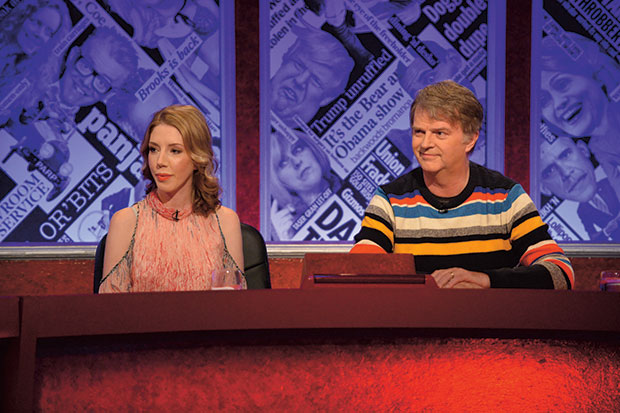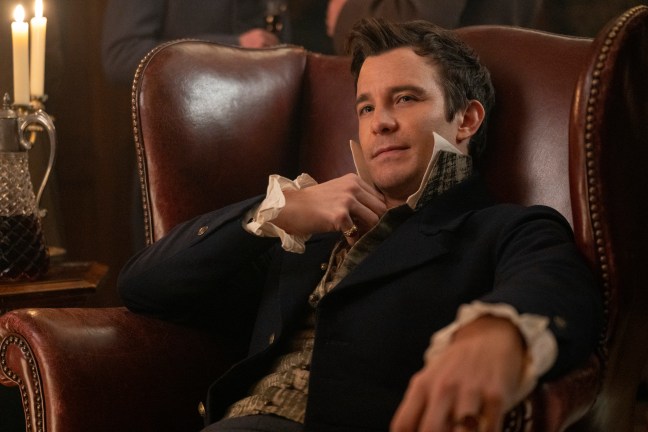My main preoccupation at 16, and for my entire life, was to be a comedian. I practised being funny with my friends at school. I was writing comic short stories, trying to perfect the craft. I was consuming books about comedians like Jack Benny. I was desperate to do it but I had no idea how it might be possible. The route then seemed limited to working men’s clubs, holiday camps or Cambridge University. I didn’t have access to any of them.
I think the initial spark for me was seeing the clowns in the circus when I was very young and hearing the loud, joyful sound of 3,000 people laughing. I immediately wanted to be part of that process. I think the first time I ever actually made anyone laugh was when I was about four, and I’d dressed up in my grandfather’s trilby and my dad’s clothes. I came out from behind a door, swamped in my dad’s trousers, big jacket, and my mother went into peals of laughter. Hearing your mother laugh, that’s something isn’t it? It makes a big impact. And I think my aunties Margaret and Betty were there too, and they laughed. That was my first time experiencing the power of the comedy costume.

My dad specialised in trying to annoy me. I remember once my mum was in hospital for two nights, so we were left alone. Nightmare. We were watching a programme on folk rock and Bob Dylan appeared. You can’t mistake Bob Dylan, right? So Bob Dylan appears, and my dad says, who’s that? Bob Dylan, dad. Ten minutes later, Bob Dylan comes back on. Who’s that? Every time. He only did it to annoy me. We never had an argument, though. I had a sense of humour about him.
When I started reading about people like Charlie Chaplin and Buster Keaton, I think they almost became father figures for me. People to look up to. In a way, I wanted to admire my dad, I wanted him to allow me to admire him, to be a hero. But he wouldn’t. He was a distant man. He wasn’t very encouraging, he didn’t say encouraging things. Then after he died I found a stack of videotapes of all the things I’d done on Channel 4, and books full of cut-out newspaper articles. It was extraordinary, very moving, to see this stuff hidden behind a door. But even if I could go back to when he was alive, I would never have been able to change our relationship.
I wouldn’t even have been able to write my autobiography when he was still alive. It would have been too much, he wouldn’t want the world to know. We couldn’t even have talked about it. I couldn’t say, look dad, I’ve written this, what do you think?

I was extremely shy as a teenager. Talking on the phone was a trial, the thought of talking to a pretty girl was a no-no. Despite my shyness, though, I was ambitious and keen to perform on a stage, try myself out. I booked myself an audition at Rada. I thought it would be a good test, to walk out in front of three professional actors and perform two pieces of drama. Would I bottle it, would I remember my lines, would I enjoy it? I needed to know if I had the temperament for the job. And when I did it, I felt calm, even though my heart was racing. I felt in control. The horse was moving quickly but I was holding on.










